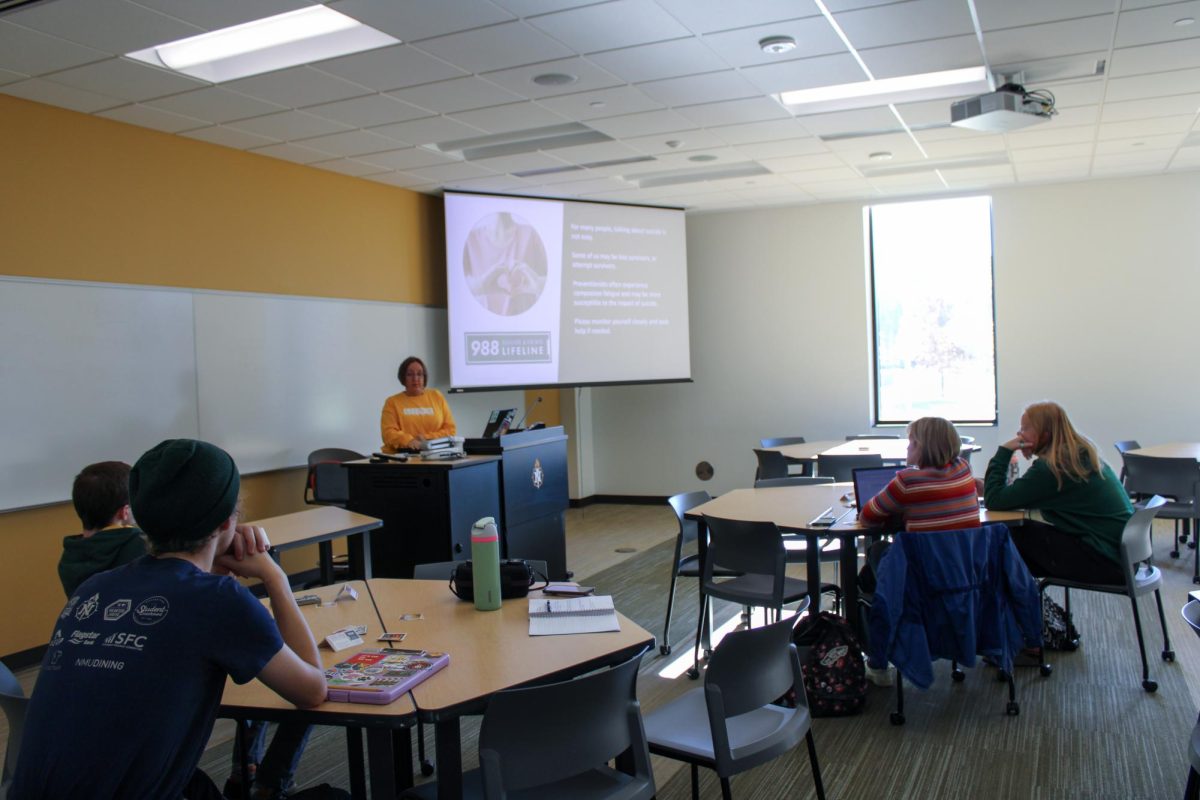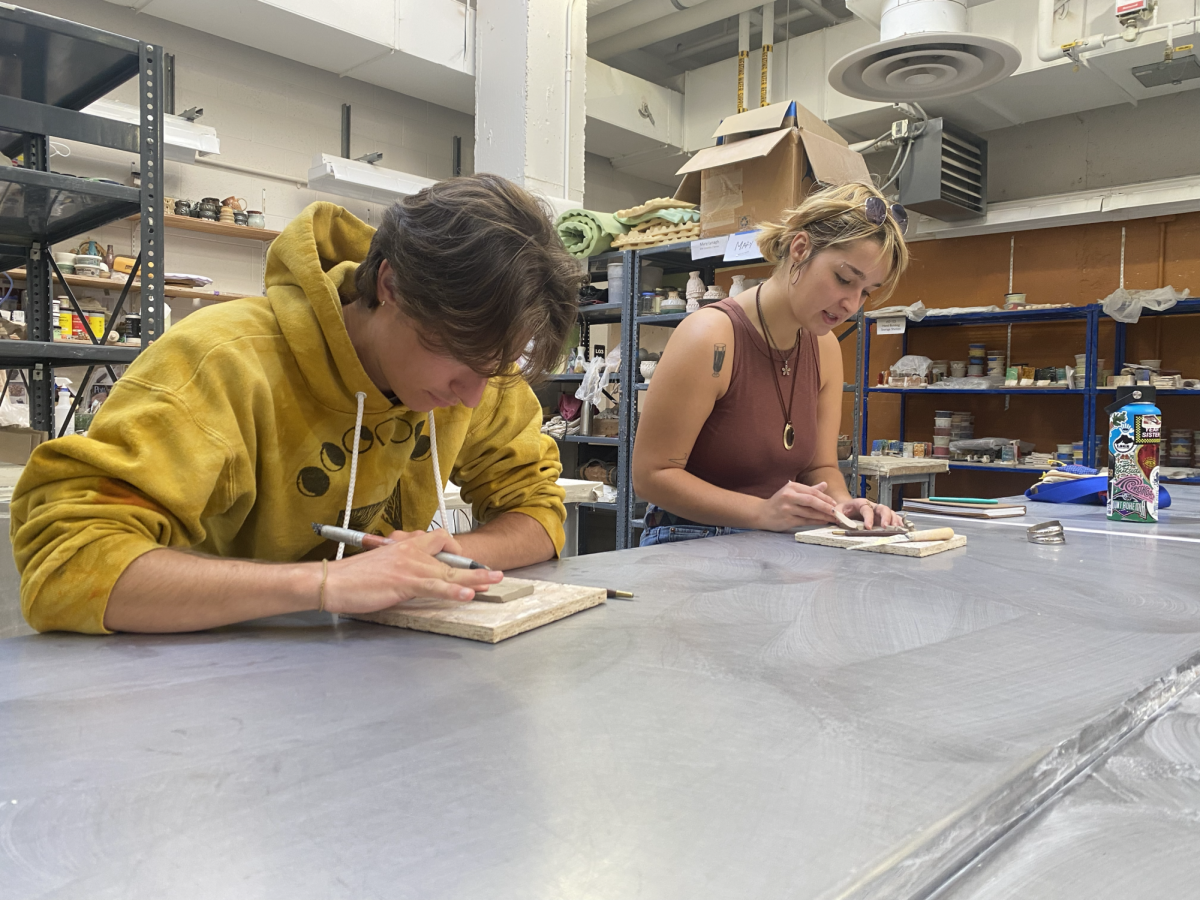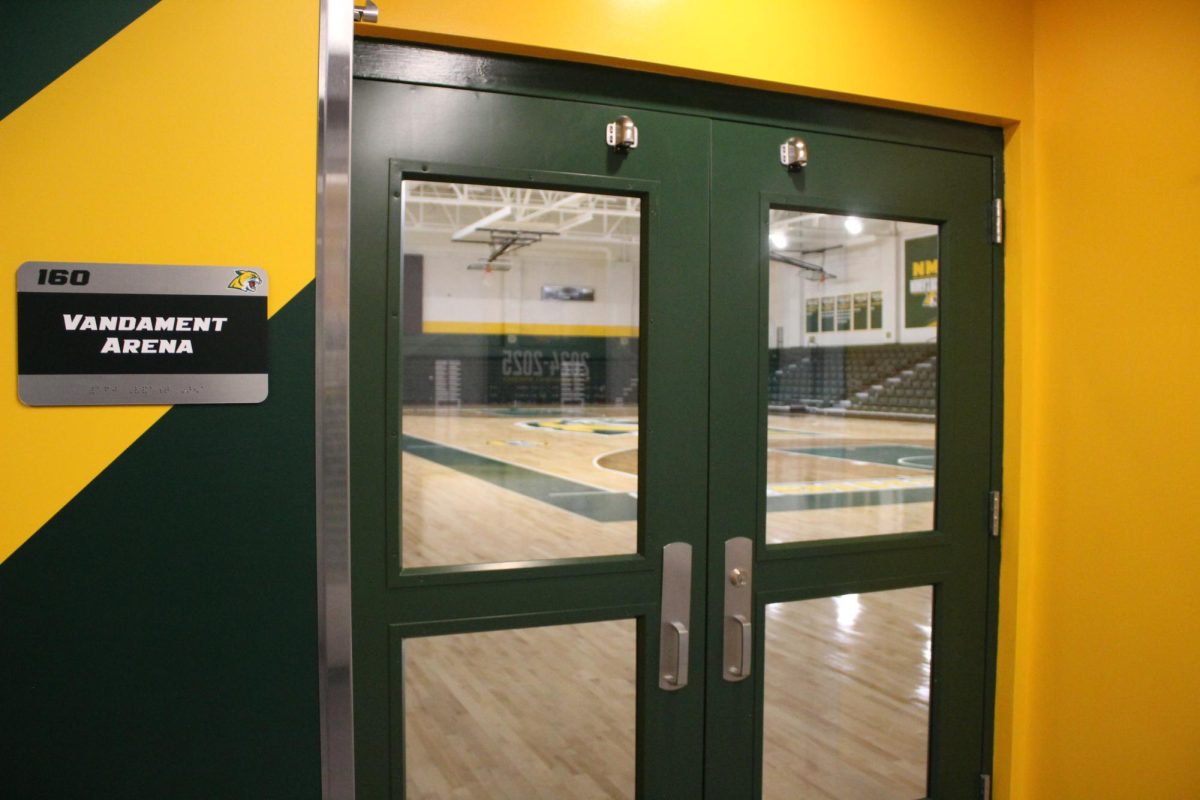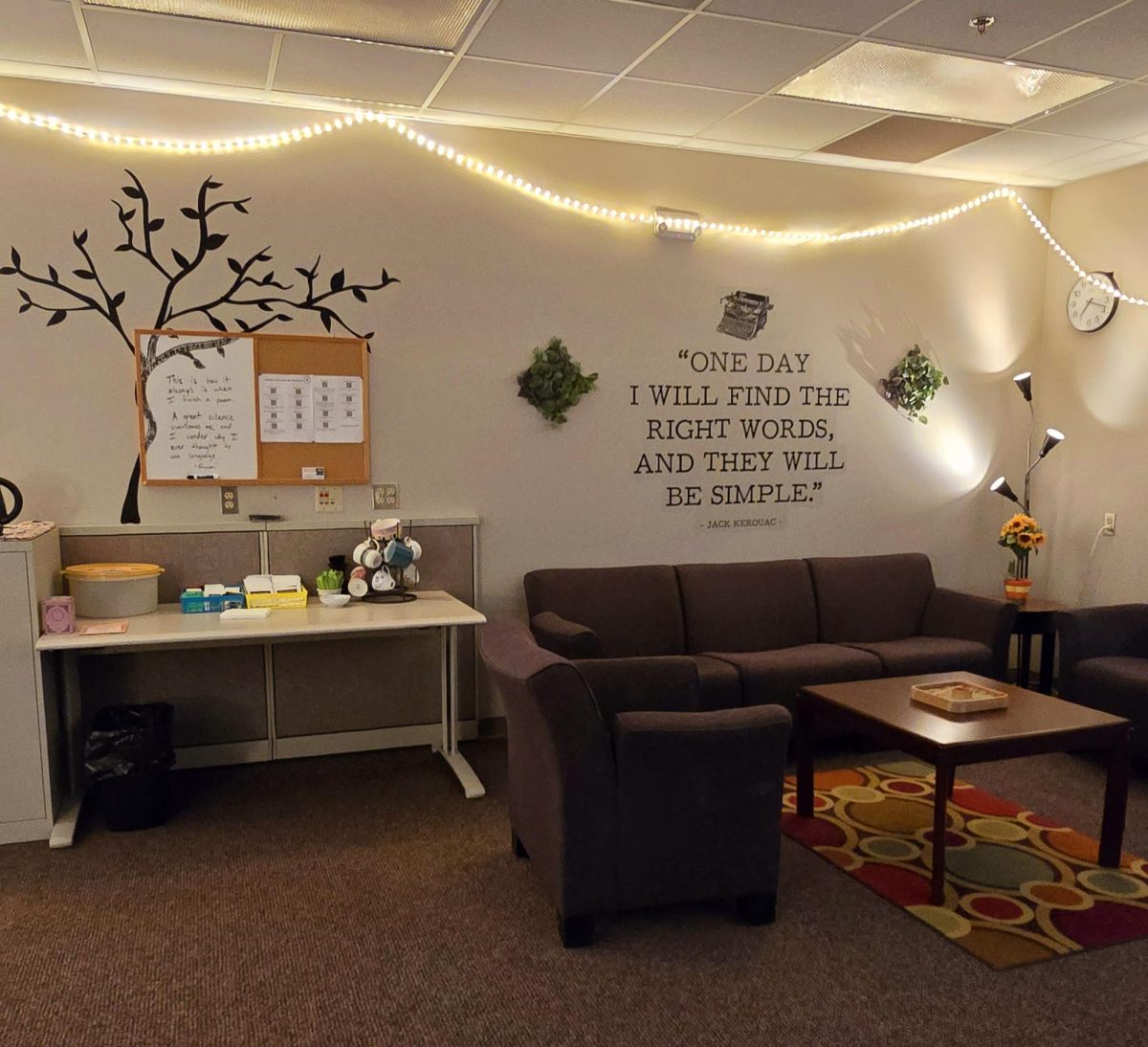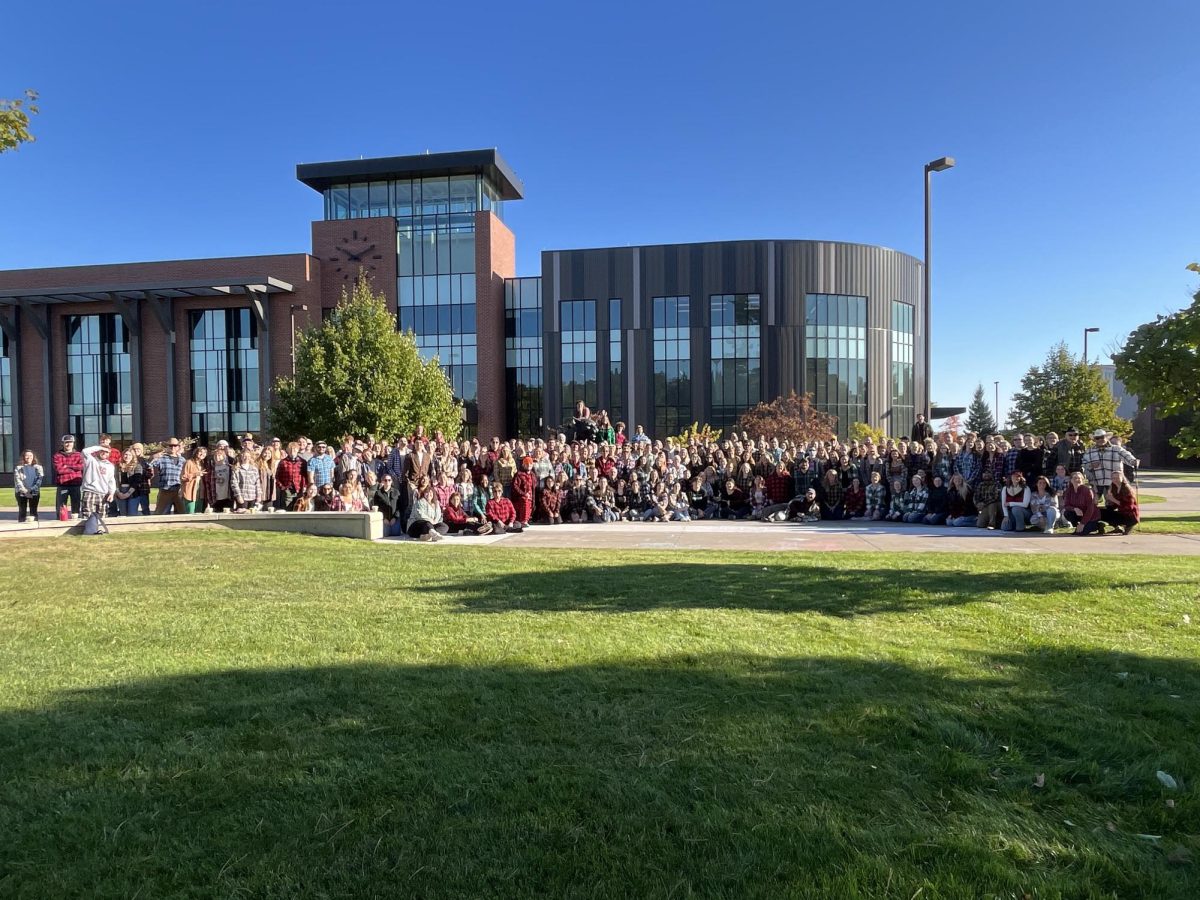By some, 2018 has been deemed the second “year of the woman,” the first being in 1992. Back then, our country had just watched the confirmation hearings of Supreme Court nominee Clarence Thomas, including the testimony of Anita Hill who had accused him of sexual harassment. That year, we elected 24 more women to the U.S. House of Representatives and four to the Senate.
In 2018, 476 women were congressional or gubernatorial across the United States, and thousands more ran on local levels. This January, 128 women will be serving in Congress. In Michigan, we will soon have a female Governor, Attorney General and Secretary of State. In our legislature, we currently have 33 women serving in the House, and four serving in the Senate. The turnout for this midterm was the highest in more than 50 years.
This past year we witnessed the testimony of Christine Blasey Ford against Supreme Court
Justice Brett Kavanaugh. As the saying from George Santayana goes, “Those who do not learn history are doomed to repeat it.”
The first half of Trump’s presidency gave voters, especially liberal or left-leaning voters, plenty of reasons to cast a ballot. Family separation at the border, the unpopular tax cuts, pulling out of the Paris Climate Agreement while vehemently denying climate change and a general lack of leadership and decorum from the office of the president are likely a few of those reasons.
Women are registered to vote at higher numbers and consistently vote at higher percentages than men. Why are there not more women in congress and other levels of our government? Part of the issue is getting women to run at all. Women get asked to run less often and have to be asked, often more than once, before they will consider it. They feel they are less qualified than others—but that all may be changing.
Emily’s List, an organization that recruits pro-choice women to run for office, has had more than 3,300 women express interest in running since Trump was elected. Other pro-women organizations, such as Emerge America and She Should Run, have reported similarly high activity. Women are galvanized, they are organizing and they are running for office.
I believe that a more diverse governing body is better for everyone. Far too long in this country, straight, white wealthy men have been in charge. The falsehood that men are better than women has been passed down for generations. Women are better communicators. Candidates from marginalized communities are more empathetic and generally get better results for their
constituents. Women take on more committee roles and propose more legislation that is inspired by the needs of their
communities.
Tangibly, they also deliver more government spending to their districts than their male counterparts. A study done by the political science department at Georgia State University on the Economic Stimulus Act of 2008 found that House districts represented by women received an average of $55 million worth of stimulus funds, as opposed to an average of $35 million received by districts represented by men.
Because of these reasons, I am excited to see what this new group of diverse legislators can do to help make our government work better for all of us. Having a diverse Congress with many different perspectives is necessary for the best governance possible. More women and minorities filling these rolls allows for more complete solutions to problems. We require the first-hand experiences of women and minorities to shape intersectional public policy.
If we truly want to be a representative democracy, we should be electing people who reflect our citizens sexually, racially and ethnically. Women currently make up 51 percent of the American population, yet only comprise 20 percent of Congress. We have come a long way, but we can do better. The closer our government reflects our citizenry, the better our government will be able to serve everyone.


